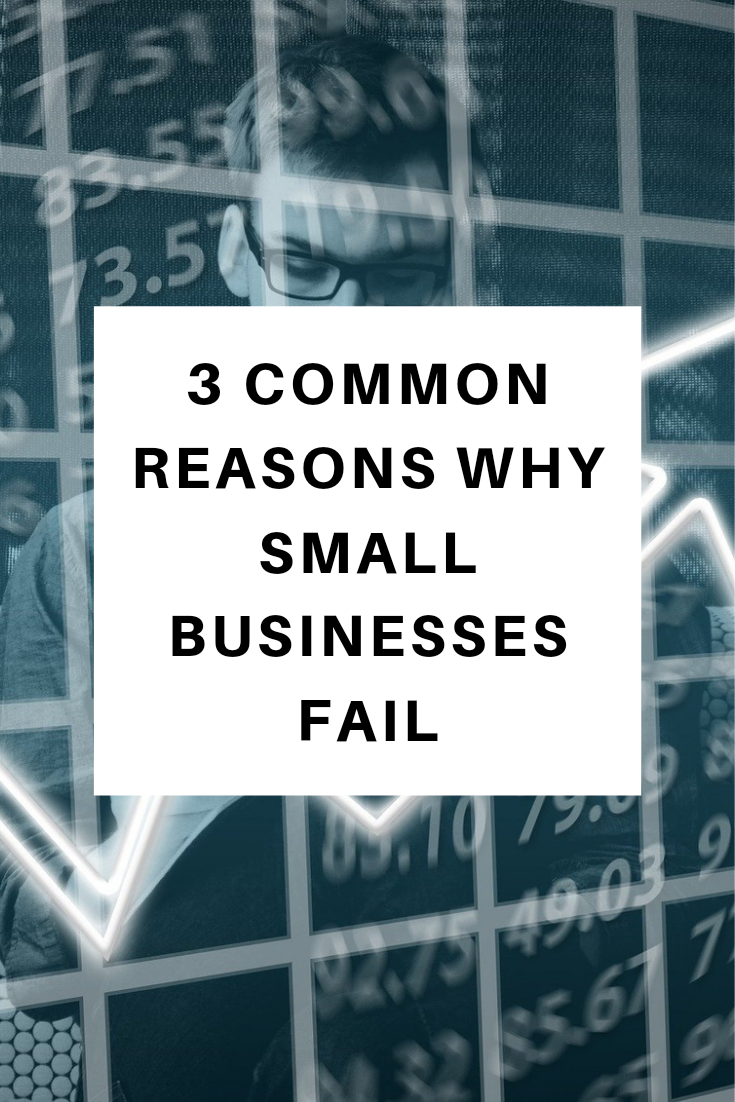Statistics indicate that 1 in 5 new businesses fail in the UK, and the question on many minds is why this happens. While it may seem like this number is negligible, it still is a red flag that some things are not right. Additionally, it is indicative of repetitive mistakes entrepreneurs continue to make. Therefore, in your effort to regain control of your business, here are some common reasons why small businesses fail to take note of.
Marketing mishaps
Every business depends on vibrant marketing to position the establishment as the go-to place for customers. Successful marketing projects increases revenue, boosts lead conversion rates and help businesses remain relevant. With well-executed marketing campaigns, businesses have the opportunity to reach far and wide. By doing so, they benefit from the fruits of their labour.
On the other hand, not every small business records success with its marketing campaigns. More often than not, they record mishaps that affect the desired outcome. According to research, the error always seems to stem from failed Google ad campaigns. In a bid to find answers, it was discovered that some small businesses fail to pay close attention to Google ad campaigns.
Their focus seems to be on selling and recording high sales rather than finetuning the campaign approach. If this is what your small business is currently facing, you may want to read more about strategies like the Claire Jarrett approach to dominating Google ad campaigns.
Poor management
Indeed, anybody with capital and a dream can start a business. Unfortunately, not everybody has the business acumen to operate a company through the ups and downs common with the business world. In reality, this is one of the common reasons that cause small businesses to fail. Business is more than being called the founder or Chief Executive. Instead, it has more to do with understanding risks, possessing substantial knowledge in the business market, and effective strategies.
There is a reason explaining the need for a skilled manager to lead the team. Remember that team members are a crucial part of business, and knowing how to manage them can positively impact overall operations. Therefore, as the senior-most person within the business, you may be tempted to handle employees all by yourself. Unfortunately, the outcome is not always as desired.

Unsustainable growth
Business sustainability is the watchword for every establishment hoping to remain relevant in the long term. It takes a lot of strategising, risk-taking, manoeuvring external economic influences, etc., to make business sustainability a reality. Unfortunately, not many small businesses realise the enormity of work that goes into this. Therefore, upon commencement of operations, you will find some establishments taking bank loans to quickly expand the business. Expanding a small business in its initial stages may not be ideal, especially because it could present more problems. First and foremost, it is recommended to study and test the market before expanding. That can reduce the risk of losing the business in the first few years.
It is risky to take on more than you can handle as a small business. Therefore, try succeeding with the little instead of courting trouble with projects your company may find too much to control.
*This is a collaborative post

